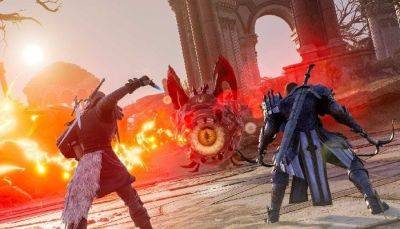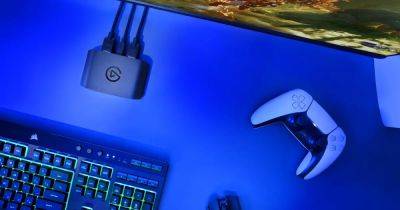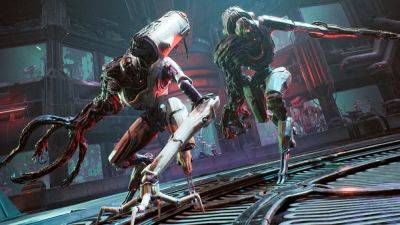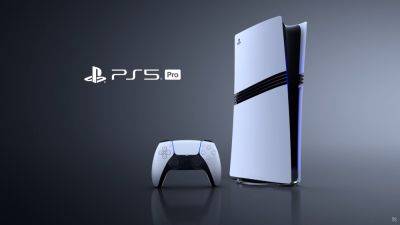Microsoft's recyclobot uses machine learning and computer vision to open and recycle 90% of hard drive components
Data centers around the world produce a combined total of 50 million metric tons of e-waste every year and defunct hard drives contribute no small portion to that amount. Typically, these are all shredded and ground up to prevent sensitive data from being accessed. Microsoft reckons it has a better solution: Use robots to fully disassemble every drive and recycle almost all of the materials.
Data and AI servers work storage drives hard so they're replaced on a regular basis to ensure services aren't disrupted. However, that results in 20 to 70 million hard drives being shredded every year, according to Microsoft (via Sweclockers), and relatively little of that material ever gets recycled.
Ranganathan Srikanth, a principal data scientist at Microsoft, was somewhat dismayed by this so set up a project for the 2022 Microsoft Global Hackathon, titled Secure and Sustainable Disposal of Hard Disks. The goal was to develop a solution that would ensure a «90% reuse and recycle rate of all hard disks by 2025.»
It's pretty easy to do this by hand but it's just not appropriate for the sheer scale of drives that get binned every year. So Microsoft turned to robots and machine learning to handle the repetitive and tedious tasks of taking apart a hard drive, separating all of the components, and recycling all the parts that can be (especially the valuable neodymium magnets). The only parts that do get shredded are the platters.
It's a noble goal but not quite as easy to achieve as one might think. While hard drives are all roughly the same in terms of general dimensions, identifying screws and other parts, and being able to sort them based on appearance alone requires a lot of AI training.
The above video (ignore the first minute or so, it does get better) shows what the small group has achieved so far and although it's far from being ready to be rolled out on an industrial scale, I'm sure the robotics industry will be interested in taking on the challenge.
I've always taken the







